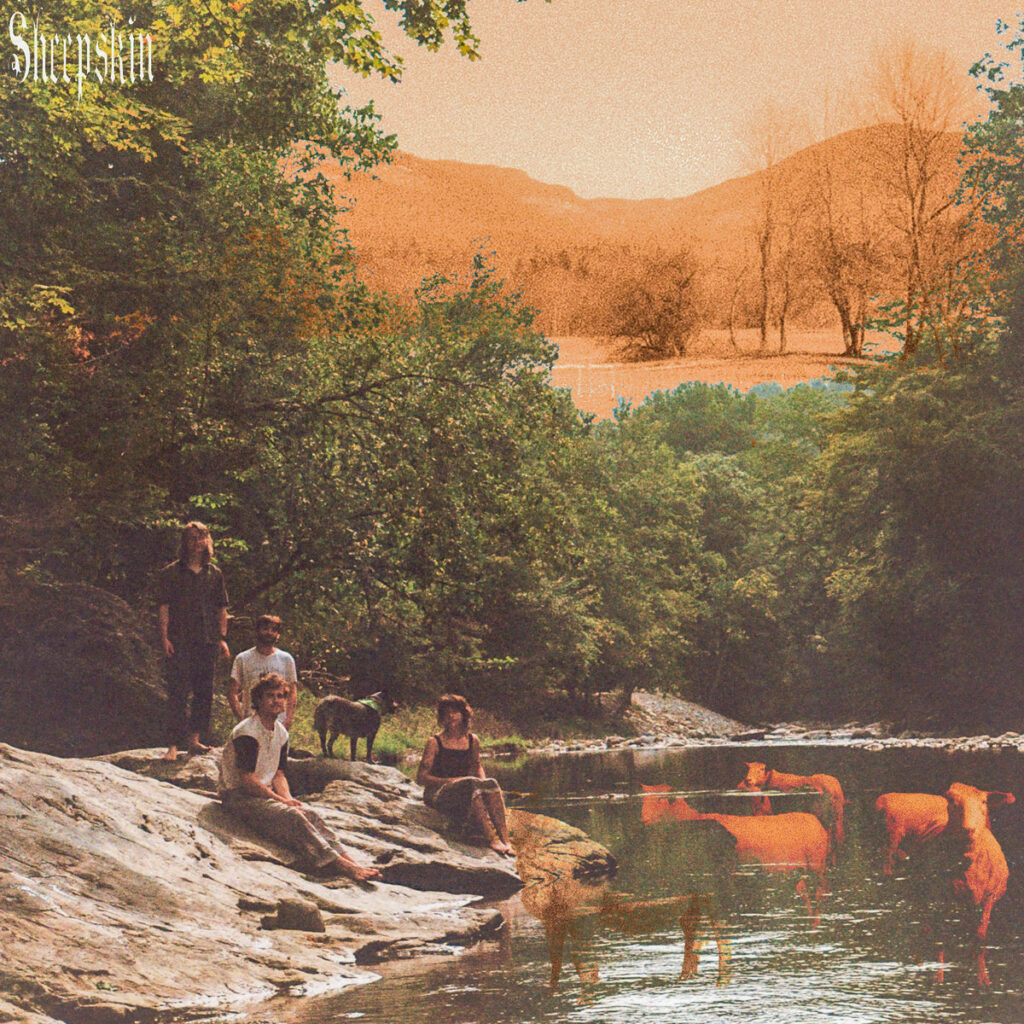Pirate Ship Playground is a beautiful thing- shaping comfortably familiar sound worlds from a range of disparate starting points and thus crafting new worlds in the process. This has certain familiar folk tropes entwined around its core (ones that lend a comforting balm to proceedings) but there are understated surprises lurking too. Starting off like a backwoods folk experimentalist – Devil Owns My Eyes is a beautifully delicate but strangely unsettling slice of folk-pop precision. Vocally intimate- innocent even – yet full of dark portents. It’s enticingly wonderful and by its conclusion leaves the listener longing to explore this music more.
Things hit a delicious swing and sway as the album develops weaving a path where delicate melodies interplay with tight but natural craftsmanship. On second track, River Song, I can’t help but be reminded – in its vocal duality and casual, insouciant delivery- of a rurally transplanted Moldy Peaches – particularly in its cracked sweetness and insouciant ease. But there’s far too much musicianship at play to allow this comparison to stick unduly- and the tone is far less knowing or detached. Sheepskin make these songs feel lived in. There are melodies too that recall the intimate whispers of early Sufjan Stevens – a weighted sadness that creeps in at the songs’ edges. The voices of Sheepskin mainstays Sam Tiesworth & Molly Meehan splice together with such unconscious grace that everything feels meant to be- their voices both contrasting and yet inherently unified to their common purpose.
The strings on And Your Vessel almost take on early European cinema atmospheres- and their subtle use at different points across this album remind you what a human instrument it is- vast in sonic variety and able to summon such different emotive responses and aural associations. The warbling keys on St Catherine and the subtle psyche pop reverberations that bubble beneath remove any overtly rural associations that its folk palette may have inevitably painted (though Sufjan Steven’s slippery shadow still lingers here). Final song Black Sheep almost teeters into French Gypsy Jazz territory – a more vintage aesthetic exploration where those violin excursions conjure up brand new reference points once more. It works brilliantly and hints at the joy that perhaps underlies these song’s creation – despite their sometimes heavier lyrical themes.
There is a real deftness and songwriting skill at play here that repays repeated listening. Nothing clamours unnecessarily for attention but you know with each return listen that this music will be careful, meditative, considered; and you will feel fully that all the little pieces matter. It really is very beautiful indeed.
Written by M.A Welsh (Misophone)
Music | Misophone (bandcamp.com)



